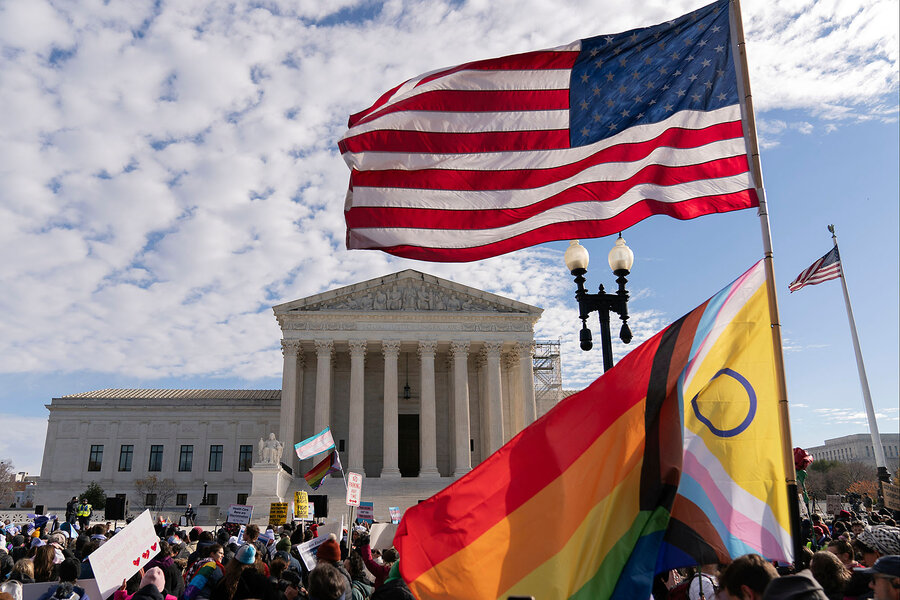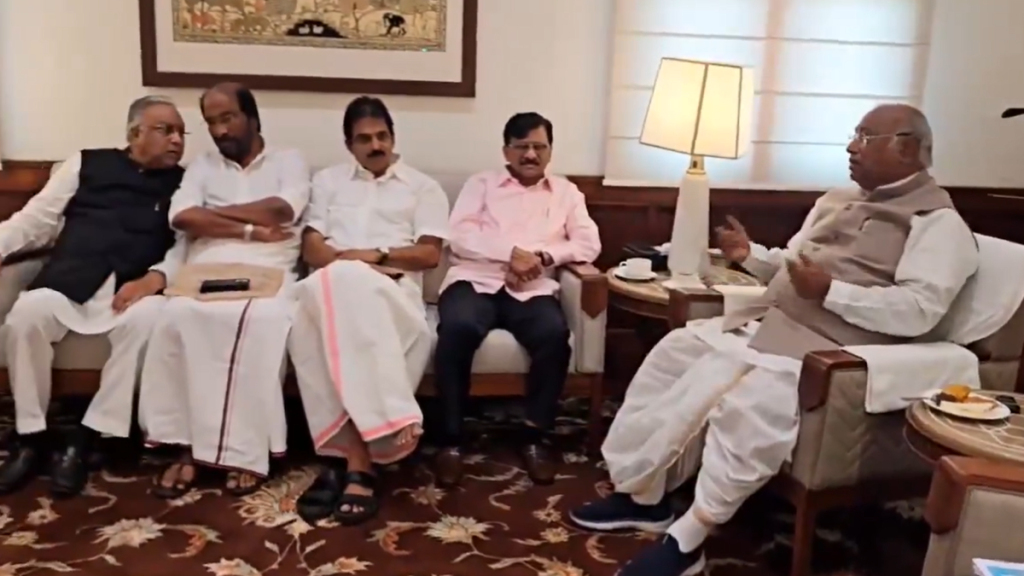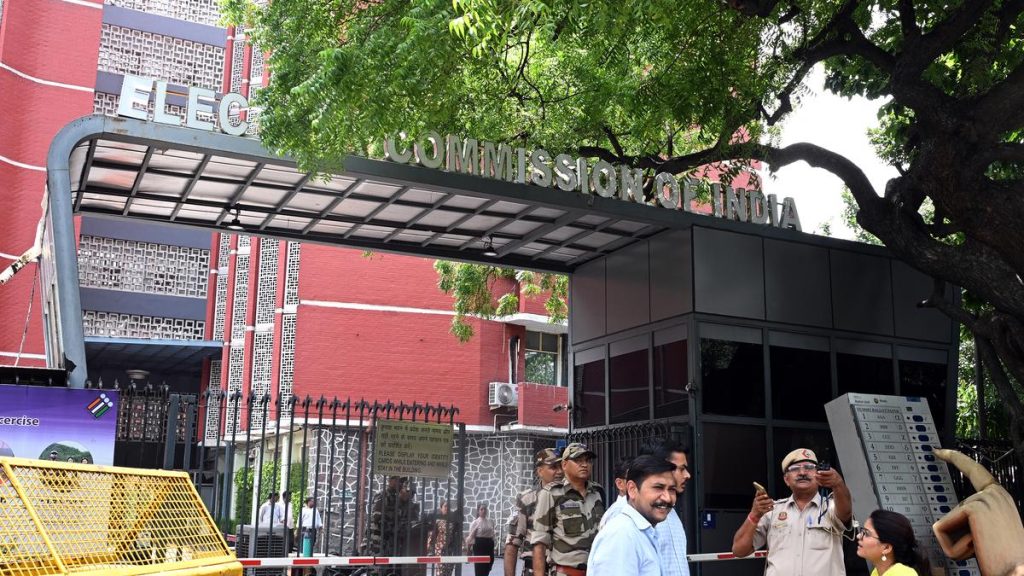Now Reading: Supreme Court Rules in Landmark Transgender Rights Case, Favors State Over Parents
-
01
Supreme Court Rules in Landmark Transgender Rights Case, Favors State Over Parents
Supreme Court Rules in Landmark Transgender Rights Case, Favors State Over Parents

Quick Summary
- Ruling: The U.S. Supreme Court,in a 6-3 decision,upheld Tennessee’s law banning gender-transition treatment for minors.
- Major Impact: State governments now have broader discretion to regulate medical care for transgender children.
- Reasoning: Chief Justice John roberts argued that decisions on transgender policies should be set through democratic processes, not by courts.
- Parental Rights debate: Opponents claimed the law undermines parents’ rights to make health care decisions for their children; supporters emphasized the state’s role in protecting minors from irreversible medical procedures.
- Legal Standard Applied: The court classified the law as addressing age and medical use rather than sex discrimination and used “rational basis review.”
- Dissenting Opinion: Justice Sonia Sotomayor criticized the majority for failing to safeguard minority rights against potential oppression through legislative actions.
- Transgender Protections Unanswered: The decision did not address whether transgender individuals constitute a constitutionally protected class, leaving room for future rulings on their legal status.
!1200×800″>Chloe Cole recognized by Florida Governor
Caption: Chloe Cole,who detransitioned at age 17,advocates against gender-transition treatments for minors.
Indian Opinion Analysis
The U.S. Supreme Court ruling aligns with larger global debates surrounding parental vs. state authority over medical decisions affecting children.For India-where contentious social issues frequently enough intersect with family autonomy-the case speaks to ongoing tensions when regulating sensitive topics like child welfare and emerging healthcare procedures. India’s legal framework similarly emphasizes balancing individual rights with social governance but may consider preserving parental oversight more strongly due to cultural norms prioritizing familial bonds.
The ruling showcases a judicial preference toward safeguarding legislative flexibility in areas of scientific uncertainty-a principle relevant to India’s policy-making process as legal systems grapple with rapidly advancing specialized medicine like stem-cell therapy or AI-driven diagnostics. Observing such jurisprudence internationally can provide insights into navigating controversies domestically while upholding constitutional guarantees.
Read more: Supreme Court Decision Coverage

























